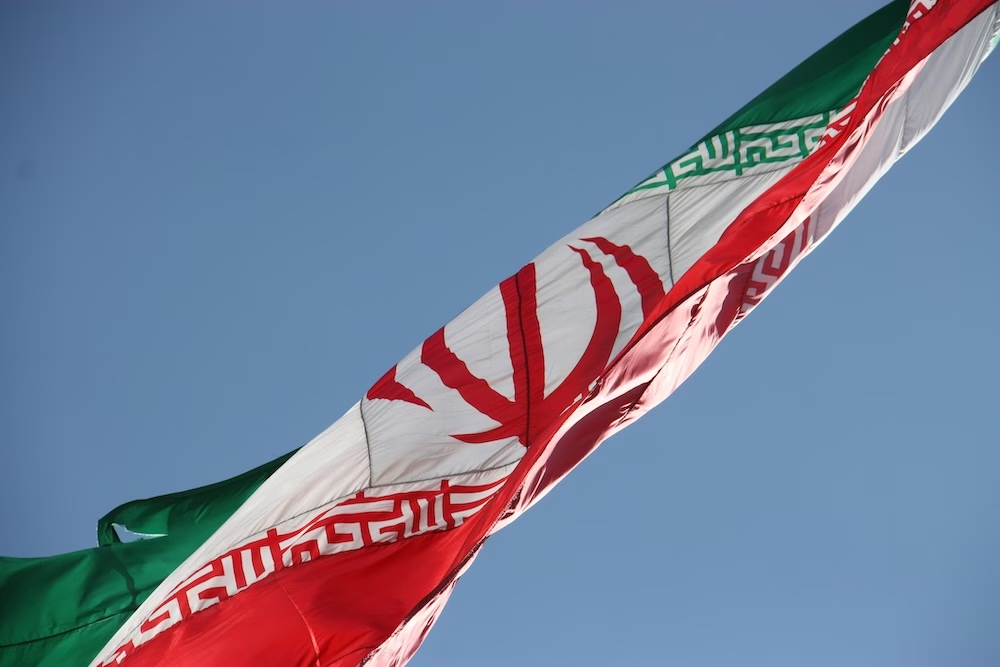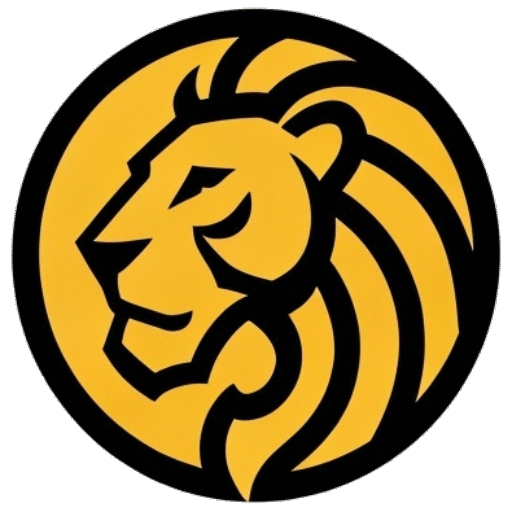
On June 16, 2025, the U.S. Department of Treasury’s Office of Foreign Assets Control (“OFAC”) entered into a settlement agreement with Unicat Catalyst Technologies, LLC (“Unicat”), for violations of both the Iranian Transactions and Sanctions Regulations (“ITSR”) and the Venezuela Sanctions Regulations (“VSR”). As part of this agreement, Unicat has agreed to pay $3,882,797 to settle its potential civil liability. The company further agreed to pay $1,660,000 to the U.S. Customs and Border Protection for tariff classification violations and $391,183 to the U.S. Department of Commerce’s Bureau of Industry and Security Office of Export Enforcement for export control violations.
In parallel criminal proceedings, the U.S. Department of Justice (“DOJ”) announced a non-prosecution agreement with Unicat and a declination for White Deer Management LLC (“White Deer”), the private equity firm that acquired Unicat. Additionally, the DOJ announced that Unicat’s co-founder and former CEO, Mani Erfan, plead guilty to conspiring to violate sanctions and other related charges. As part of his plea, Erfan agreed to pay $1,600,000 as a money judgement.
Unicat’s Iran Sanctions Violations
In August 2016 and again in July 2020, Unicat entered into distribution agreements with a regional distribution in order to sell Unicat products to end users in the UAE and Iran. Erfan was aware of Iran’s sanctions restrictions throughout this period, as Unicat produced several email communications where he specifically referenced the prohibitions.
Through this Distributor, Unicat’s Dutch affiliate, and Unicat’s China office, Erfan regularly organized and directed sales to Iran. Erfan further instructed others, including other employees, partners, and affiliates to help facilitate these transactions. For example, in an email in July 2018 where an employee questioned the sale to Iran and included information regarding U.S. sanctions on Iran, Erfan replied that “sending from the US will not be an option” and then ordered the Dutch affiliate to work on the deal and ship the goods from its China office.
Believe it or not, even Unicat’s Board of Directors were aware of the Iranian transactions as early as 2018. The Board and other senior managers all failed to intervene and stop the sales to Iran. An internal investigation revealed that on December 4, 2018, one of Unicat’s owners emailed an agenda relating to an upcoming Board meeting to the other members with an agenda item “BOD: Discussed ongoing business in Iran and [h]ow that affects the company and how its being handled internally.” Unicat sales to Iran continued unabated.
As these transactions continued, Unicat employees took actions to conceal these transactions. Around January 2019, employees began to refer to Iran as “I” in internal communications and frequently discussed who could be trusted with knowledge of shipping information to Iranian customers. Despite some pushback at various points, Unicat ultimately continued selling its products to Iran through the end of February 2021.
In addition to the direct sales, Unicat provided technical support to Iranian customers at various points. On three separate occasions, representatives from Unicat’s Dutch affiliate conducted on-site visits to customers in Iran to provide technical assistance, start-up assistance, and guidance on loading of the catalyst products into the refinery reactors. The payment for these services were made solely in cash payments. Internal communications reveal Unicat employees discussing this method because “it is not possible to transfer money through US to Iran[,]” indicating awareness of the prohibitions on Iran.
Unicat’s Venezuela Sanctions Violations
In May 2020, Unicat sold its products to Orinoco Iron S.C.S. (“Orinoco”), a Venezuelan company owned by the Government of Venezuela. While Unicat relied on its China office to ship its product to Venezuela, the company, under Erfan’s direction, took additional steps to obfuscate the transactions. Erfan, Unicat’s China office, and an agent of Orinoco decided to use an unrelated third-party to help facilitate the transaction. In what appears to be an attempt to further obfuscate the payments, Erfan elected to receive a portion of Orinoco’s payment—$517,337.26 of the $1,370,231,37—as a credit from Unicat’s China office.
Discovery of the Misconduct and Voluntary Self-Disclosure
In April 2021, White Deer acquired Unicat and another company. During the negotiations, Unicat made representations to White Cat that the company complied with all relevant sanctions and export control laws and regulations. Unicat’s new CEO traveled to the U.S. in June 2021 and met with Erfan at this point to begin integrating the operations of the companies. At this meeting, the new CEO discovered a pending transaction with an Iranian customer. The new CEO ordered that transaction cancelled immediately and, shortly thereafter, engaged outside counsel to investigate and identify any other problematic transactions. That investigation ultimately revealed the litany of violations outlined above.
White Deer and Unicat submitted a voluntary self-disclosure to the DOJ’s National Security Division before the investigation had even been completed. It became clear early on that criminal conduct occurred and a disclosure could be made. White Deer and Unicat continued to cooperate with the DOJ and OFAC throughout the process.
In determining the penalty, OFAC considered the following factors:
Aggravating Factors:
- Unicat willfully violated U.S. sanctions law and ignored internal warnings from various employees.
- The violations were made with knowledge, consent, and at the direction of Unicat’s senior management. Even Unicat’s Board of Directors were aware of the conduct and failed to intervene.
- Unicat employees attempted to conceal their prohibited dealings and transactions.
- Unicat’s conduct caused significant harm to U.S. national security interests by aiding Iran and Venezuela’s oil, gas, petrochemical, and steel industries.
Mitigating Factors:
- Unicat had no other sanctions violations in the preceding five years.
- Unicat cooperated with OFAC throughout the investigation and conducted an extensive internal investigation. Unicat provided real-time cooperation with OFAC and submitted a voluntary self-disclosure.
- When Unicat’s new CEO discovered sanctions violations, the company immediately took remedial action, including:
- Immediately stopped the prohibited conduct.
- Terminating the former CEO after identifying his involvement.
- Engaging outside counsel to conduct an internal investigation and quickly filing a voluntary self-disclosure.
- Implementing a sanctions compliance program, which included periodic audits and risk assessments.
- Designating a person responsible for sanctions compliance, namely a Global Trade Compliance Manager and a U.S. Trade Compliance Manager.
- Implemented regular sanctions training.
- Adding sanctions compliance language into agreements with third parties and renegotiating and replacing existing contracts to include this same language.
- Committing to a corporate culture that prioritizes sanctions compliance.
Compliance Considerations
White Deer proved the importance of a quality internal investigation and subsequent voluntary self-disclosure. The company unknowingly acquired several problematic sanctions violations and was able to escape relatively cleanly through the process. The results here highlight the DOJ’s clearer path towards a declination under its updated corporate criminal enforcement policies. Companies that can quickly identify, remediate, and report on misconduct have a great opportunity to limit the legal fallout. This case also highlights the importance of a thorough review of transactions and operations following a merger or an acquisition. Under the DOJ National Security Division’s Voluntary Self-Disclosures in Connection with Acquisitions Policy, companies have a window to receive additional protections.
